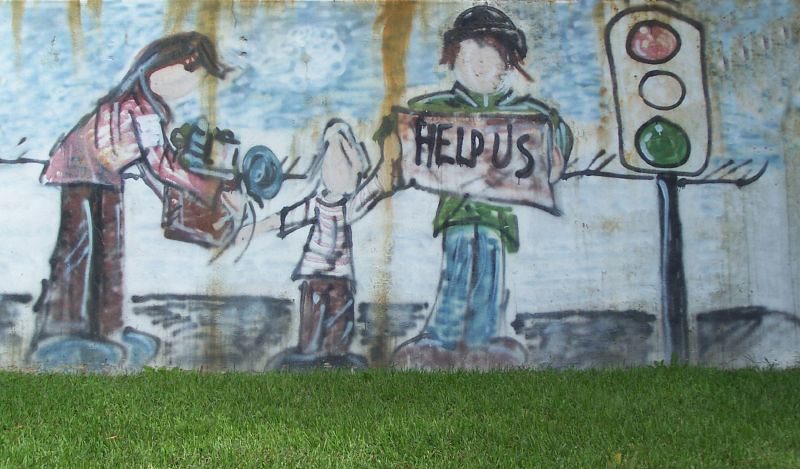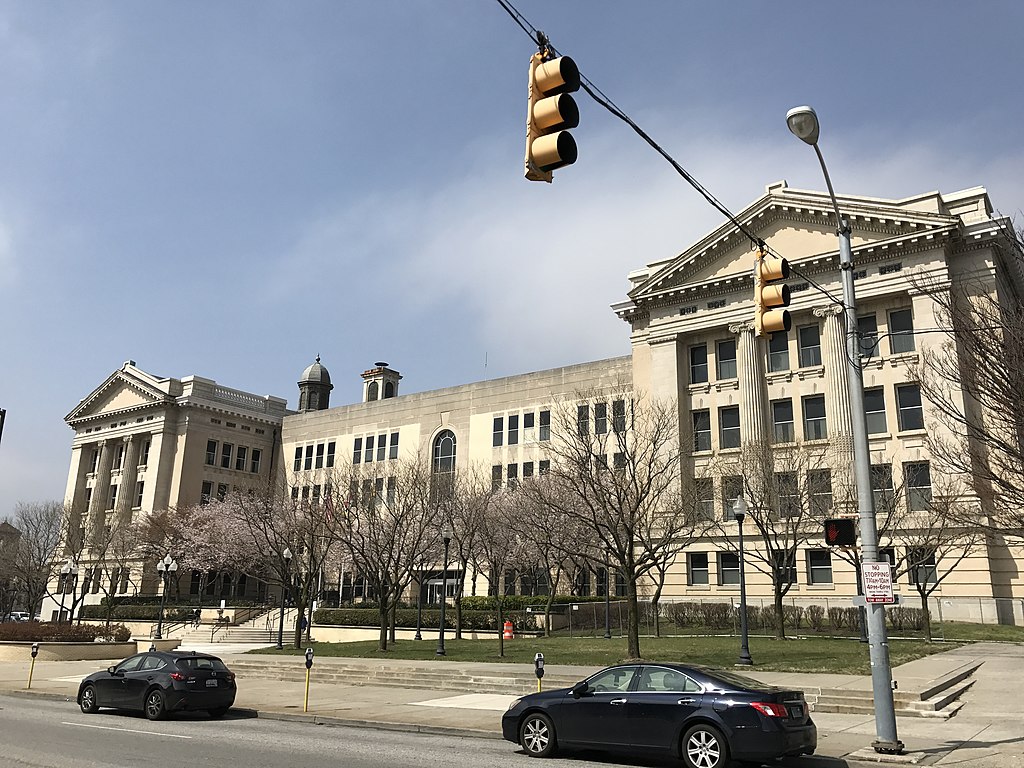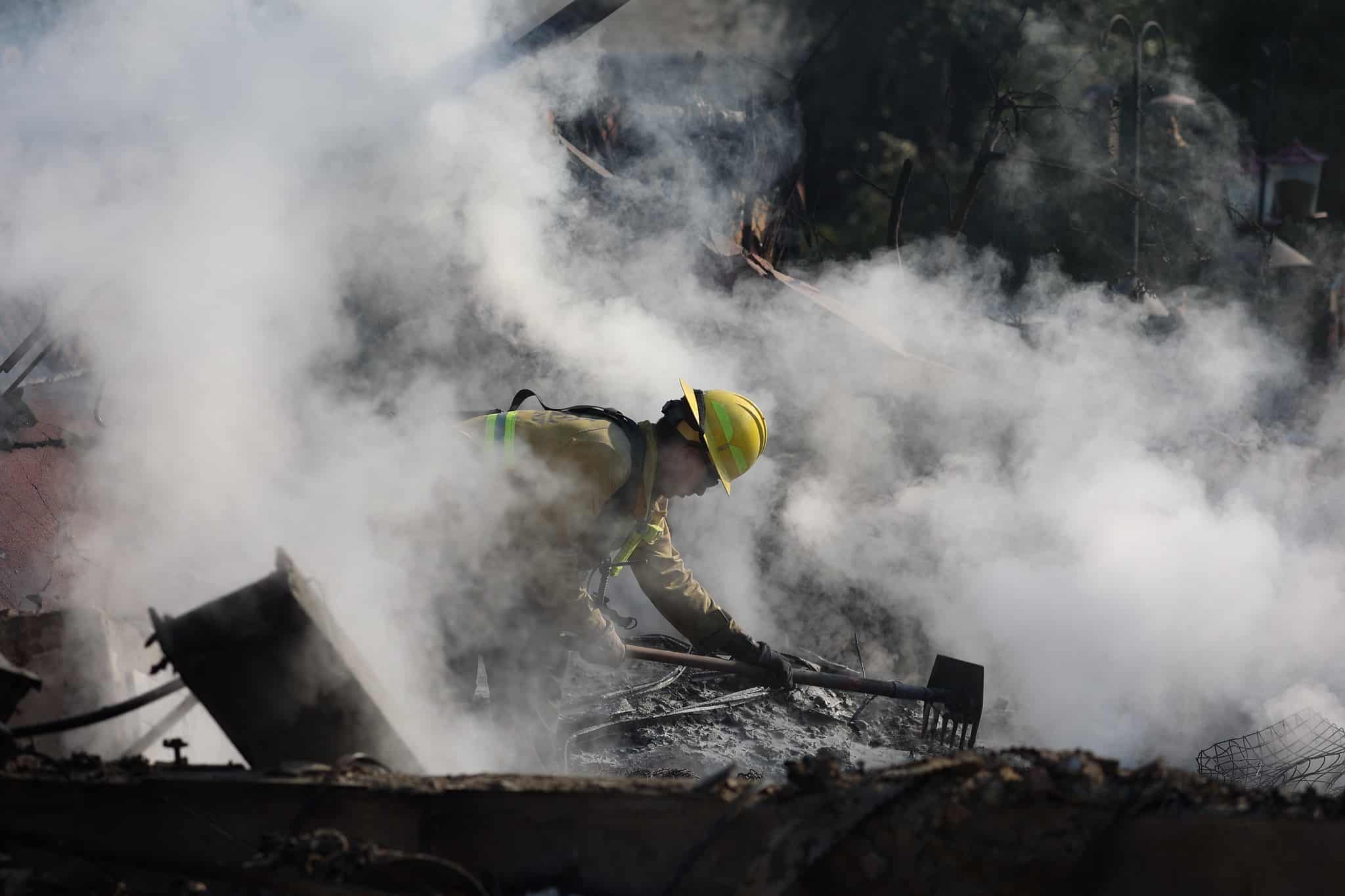With the December 2023 announcement of a tragic 12 percent rise in the number of people experiencing homelessness from 2022 to 2023, it’s not surprising that people might look to recent events to explain the increase. It’s also human nature to look for quick solutions to (or reasons to ignore) an urgent problem. However, after analyzing the data—and having helped to produce HUD’s annual report to Congress on homelessness for 16 years—we know the long-term causes that have been driving homelessness in this country.
Ending homelessness will be neither easy nor quick, especially if we allow ourselves to be distracted from these actual drivers. Two particular factors—opioid use disorders and increased immigration—have been cited in the wake of the latest report, and their already-high media profiles divert us from solutions to the true primary causes of homelessness: stagnating wages, an insufficient supply of affordable housing, and systemic racism.
First, let’s address the recent rise in immigration within the context of homelessness. Many communities have experienced considerable increases in migrants, asylum seekers, and refugees who, in some communities, are putting additional stress on already stressed homeless response systems. However, between 2022 and 2023, we found that more than 7 in 10 communities across the country reported increases in people experiencing homelessness—including areas unaffected by recent influxes of people coming to the U.S.

Substance use disorders, including opioid use disorder, will complicate a person’s ability to maintain housing. But substance misuse can be a result of homelessness as well as a risk factor for it. People with substance use disorders sometimes do experience homelessness because of the illness’s effect on income. Others turn to substances after they fall into homelessness to escape the trauma of being on the street or in a crowded shelter.
But individual people—whether they’re coming to the U.S. to begin a new life or are already here and struggling with substance use disorder—are not responsible for the rise in homelessness. Rather, people are getting caught in bigger policies and systems that are working against them.
Let’s take a look at these causes, and what we actually need to do to address them.
- First, the cost of housing is skyrocketing, but the supply of housing that is both affordable and available to those who need it isn’t. While a decade ago, rising housing costs were an issue that mostly affected major metropolitan areas, in recent years all types of communities have experienced a rental housing crisis as the short-term rental housing market (think Airbnb) has boomed and new construction has slowed. People simply cannot find housing they can afford, and thus they are unhoused. Why can’t they afford housing?
- Because real wages have largely stagnated over the last few decades, and low-wage jobs often provide inconsistent schedules and thus fluctuating earnings. The result is millions of working Americans with poverty-level incomes and few people to turn to for help when they have a crisis, such as a medical emergency, or when they are no longer able to stay in someone else’s home. The simple fact is if you’re not paid enough to cover basic expenses–let alone save for a health issue or respond to job loss or reduced hours–at some point you may not be able to cover housing costs.
- This is particularly true for Black and Indigenous people, who have always been over-represented in the counts of people experiencing homelessness. For example, people who identify as Black make up just 13 percent of the total U.S. population, but comprise 37 percent of all people experiencing homelessness, an over-representation of almost 300 percent. The history of racism in this country means people of color are still most likely to be underpaid compared to white counterparts and has ensured that their families have been systematically (sometimes forcibly) excluded from opportunities to secure housing and build the intergenerational wealth that protects other people when they have a crisis.
We know what the drivers are, but how do we address them? From research we have led and participated in, we know that increasing the number of Housing Choice Vouchers or other permanent housing subsidies will help both prevent homelessness and help people leave homelessness for permanent housing. We must also develop more rental housing in which people can use those vouchers. One of the reasons the number of people experiencing homelessness has gone up recently is that COVID-era protections—such as the eviction moratorium and emergency rental assistance—have expired; seeing this spike after the sunsetting of those programs tells us that such government interventions do work. Many of those protections were for families with children, and levels of both family poverty and family homelessness dropped substantially during the pandemic.
At the state level, the creative use of hotels and motels during the pandemic brought people off the streets and often transitioned them to permanent housing. On a daily basis, robust supportive services, low-barrier shelters, and rapidly moving people to permanent housing have proven to help people leave homelessness and maintain stable housing, including people experiencing substance use disorders.
Addressing the substance use crisis in this country, including the opioid epidemic, is critical. So is finding humane solutions to the humanitarian and practical problems of immigration. But we must resist the urge to conflate these issues with the ongoing homelessness crisis. To eliminate homelessness in America, we must keep our focus on the challenges that are actually driving it: an insufficient affordable housing supply, stagnating wages, and systemic racism.




This is an authoritative summary of the factors driving homelessness, and what we need to do to end it. I hope everyone reading it sends it to their representatives at the local, state and national level so we can begin to develop comprehensive housing solutions.
Homelessness
The social tragedy of a lifetime i have 30 plus years of experience in the field of homelessness
Homelessness has been plaguing our society since the beginning of time and I believe that homelessness is a multi-faceted social tragedy that requires multi-faceted social solutions that requires a INTOVATIVIVE call to action Housing first initiative to easily get people off the street’s and into appropriate Housing where they can then receive the care they need and deserve
It’s time we as a society step up and bring about an end to this social TRAGEDY Homelessness is ADVOIDABLE AND ACHIVABLE it is the RESULT of a social and economic breakdown not the cause same with drug and alcohol abuse if you weren’t addicted to something before you became HOMELESS chances are you will be when you’re homeless
Fix the homelessness first then the rest will follow its a proven fact it will almost instantly gives new hope to the otherwise hopeless and invisible society of people not only will Housing first alleviate a wide array of social and personal issues it will foster a sense of belonging and Community the two most valuable things a society needs to thrive and survive let’s end the governmental b.s And clean up our own house first
And make this country great again…
WRONG!
Fast forward to December 2024, and the government report proves that illegal immigration directly caused the increase in homelessness.